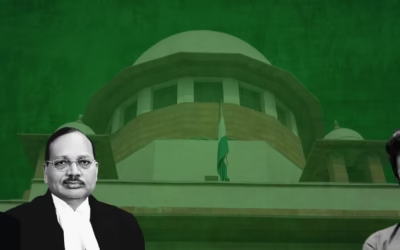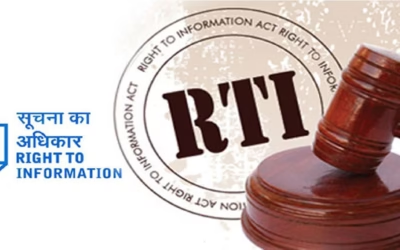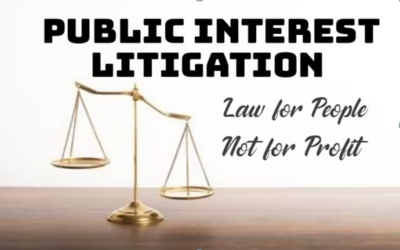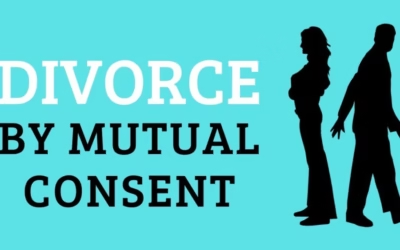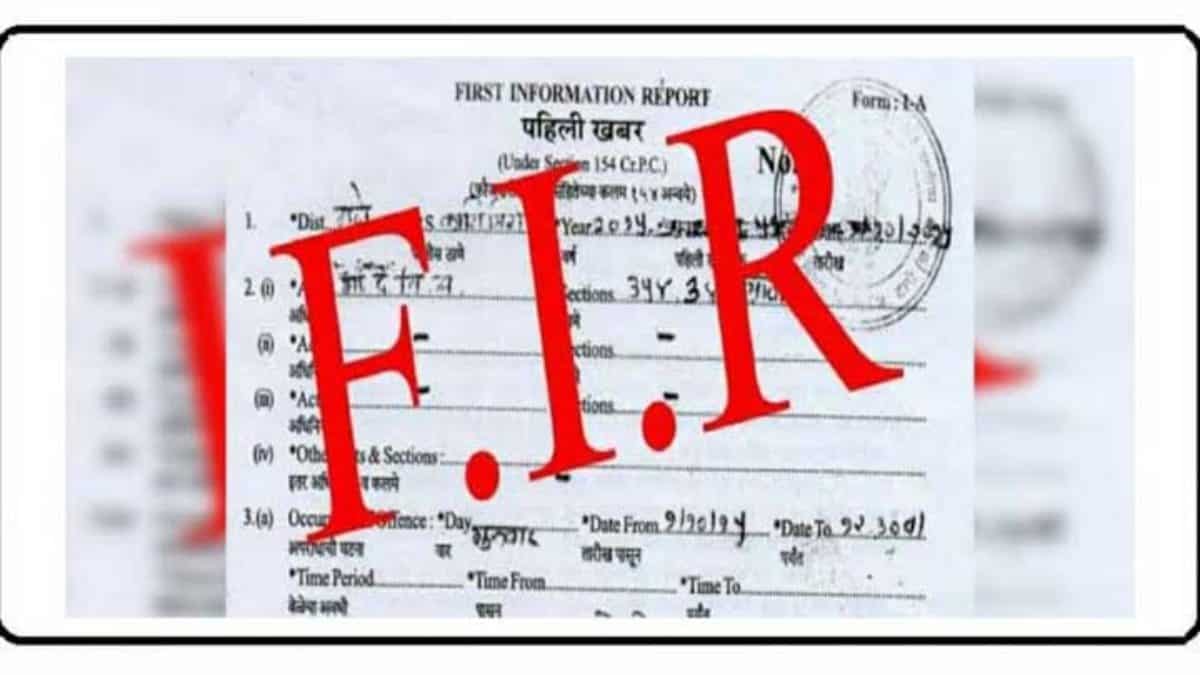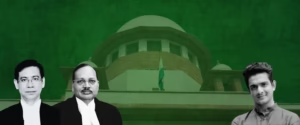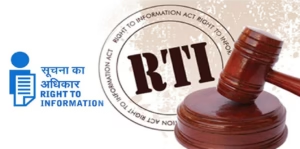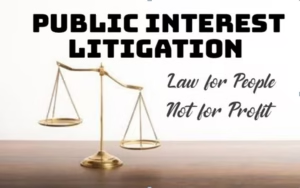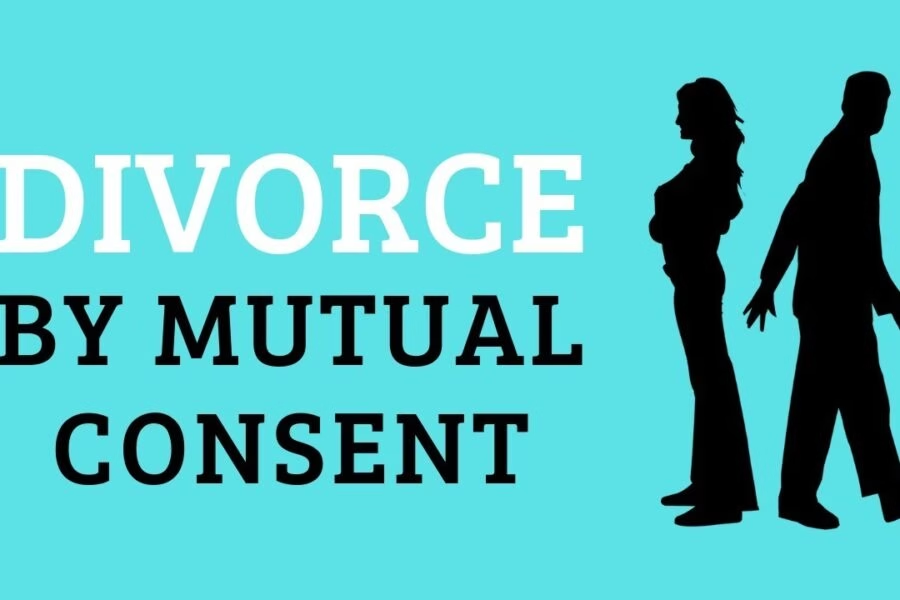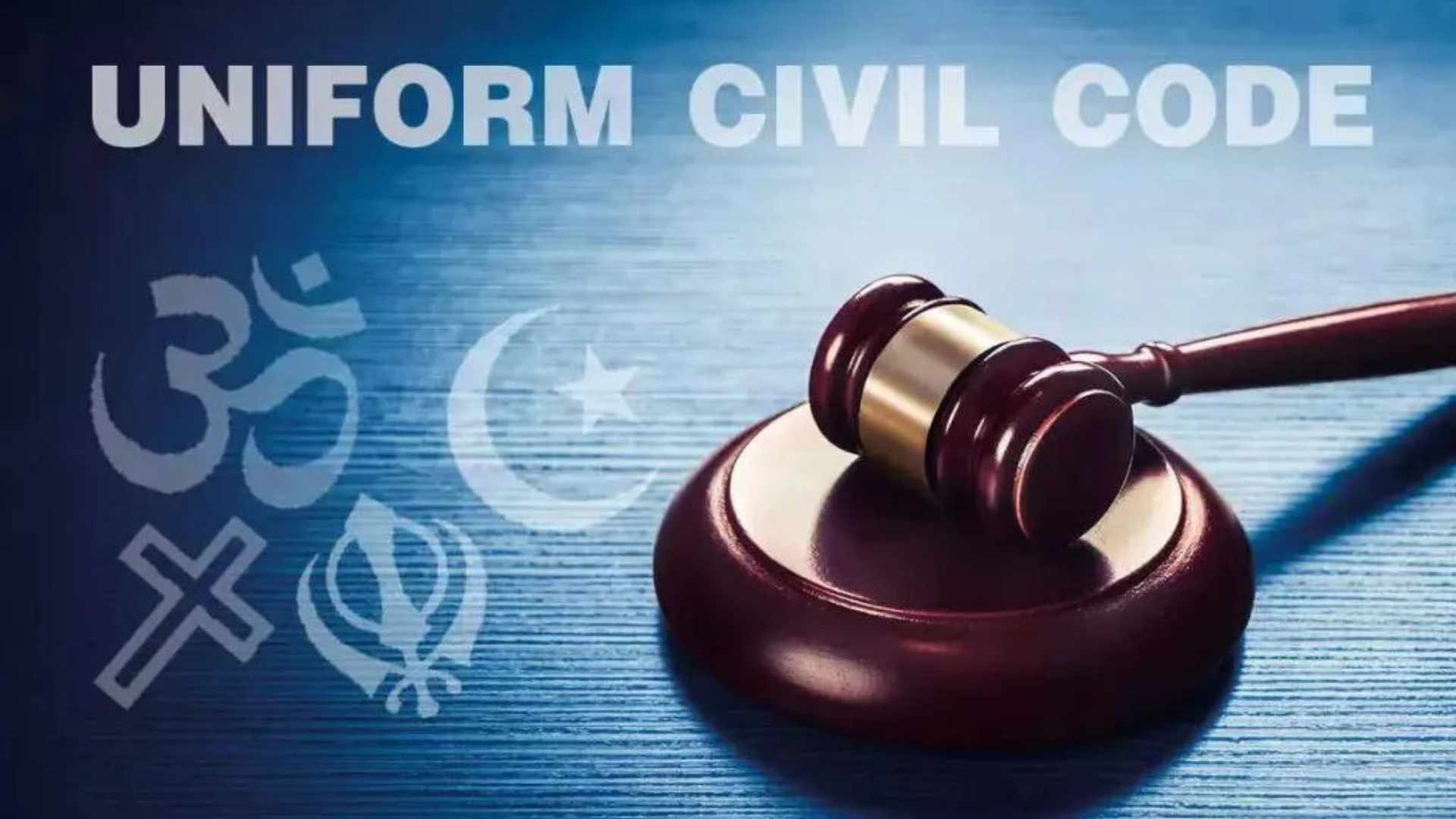
What Happens If a Court Order Is Ignored? Legal Remedies and Appeal Guidelines Explained

Court orders, judgments, and decrees are legally binding directives issued by judicial authorities. Failure to comply with them can lead to severe legal consequences, ranging from penalties to contempt of court proceedings. This article explores the implications of disobeying court orders, the process of appealing against judgments or decrees, and the prescribed time limits for filing appeals.
Additionally, we’ll highlight how Legal Sathii can guide you in navigating these legal complexities.
What Happens If a Court Order Is Ignored?
Disobeying a court order is a serious offense with the following potential consequences:
1. Contempt of Court
Ignoring a court order can lead to contempt proceedings. Contempt of court refers to any action that disrespects or undermines the authority of the judiciary. Punishments for contempt may include:
- Fines
- Imprisonment (civil or criminal contempt)
2. Attachment of Property
If a financial judgment or decree is not followed, the court may attach the debtor’s property to recover the dues.
3. Execution Proceedings
The aggrieved party can file for the execution of the order, compelling compliance through legal enforcement mechanisms.
4. Criminal Charges
In certain cases, such as non-compliance with maintenance orders or injunctions, the offending party may face criminal charges.
Can You Appeal a Court Judgment, Order, or Decree?
If you believe a court’s decision is unjust, the law allows you to appeal to a higher court. Here’s an overview of the process:
1. What Is an Appeal?
An appeal is a legal process where a higher court reviews the judgment, order, or decree of a lower court to determine if there were errors in law or procedure.
2. Grounds for Appeal
Appeals can be filed on the following grounds:
- Procedural irregularities
- Errors in the application of law
- Disregard of evidence or facts
- Bias or unfairness in the judgment
Time Limits for Filing Appeals
The time to appeal varies depending on the court and the type of case:
1. Appeals in Civil Cases (Under CPC)
- District Court to High Court: 30 days from the judgment date.
- High Court to Supreme Court: 60 days from the judgment date.
2. Appeals in Criminal Cases (Under CrPC)
- Session Court to High Court: 30 days.
- High Court to Supreme Court: 90 days.
3. Special Leave Petition (SLP)
- Filed in the Supreme Court: Within 90 days of the High Court order.
Note: Extensions can be sought under certain circumstances, such as delays caused by valid reasons.
Legal Remedies for Enforcement of Court Orders
If the opposing party fails to follow a court order, the following remedies are available:
1. Filing Contempt Proceedings
File a contempt petition in the same court that issued the order. This ensures accountability and enforcement.
2. Execution Petition
Under Order 21 of the Civil Procedure Code (CPC), the decree-holder can initiate execution proceedings to enforce the judgment.
3. Interim Applications
Seek interim relief to prevent further harm caused by non-compliance.
4. Police Assistance
In cases like maintenance or domestic violence, courts may direct police intervention to ensure compliance.
How Legal Sathii Can Assist You
At Legal Sathii, we offer comprehensive support for matters related to court orders, appeals, and enforcement. Here’s how we can help:
For Non-Compliance Issues
- Drafting and filing contempt petitions.
- Assisting in execution proceedings to enforce judgments and decrees.
For Appeals
- Guidance on filing appeals within prescribed time limits.
- Drafting appeal petitions and affidavits.
- Representation in appellate courts.
For Legal Awareness
- Access educational videos and blogs to understand your rights and legal processes.
- Step-by-step guides on filing appeals and contempt cases.
Why Choose Legal Sathii?
- Expert Legal Team:
Our experienced lawyers ensure that your case is handled professionally and effectively. - Personalized Support:
Tailored advice based on your specific legal issue. - Convenient Access:
With over 100 videos and blogs, Legal Sathii simplifies complex legal topics for you.



